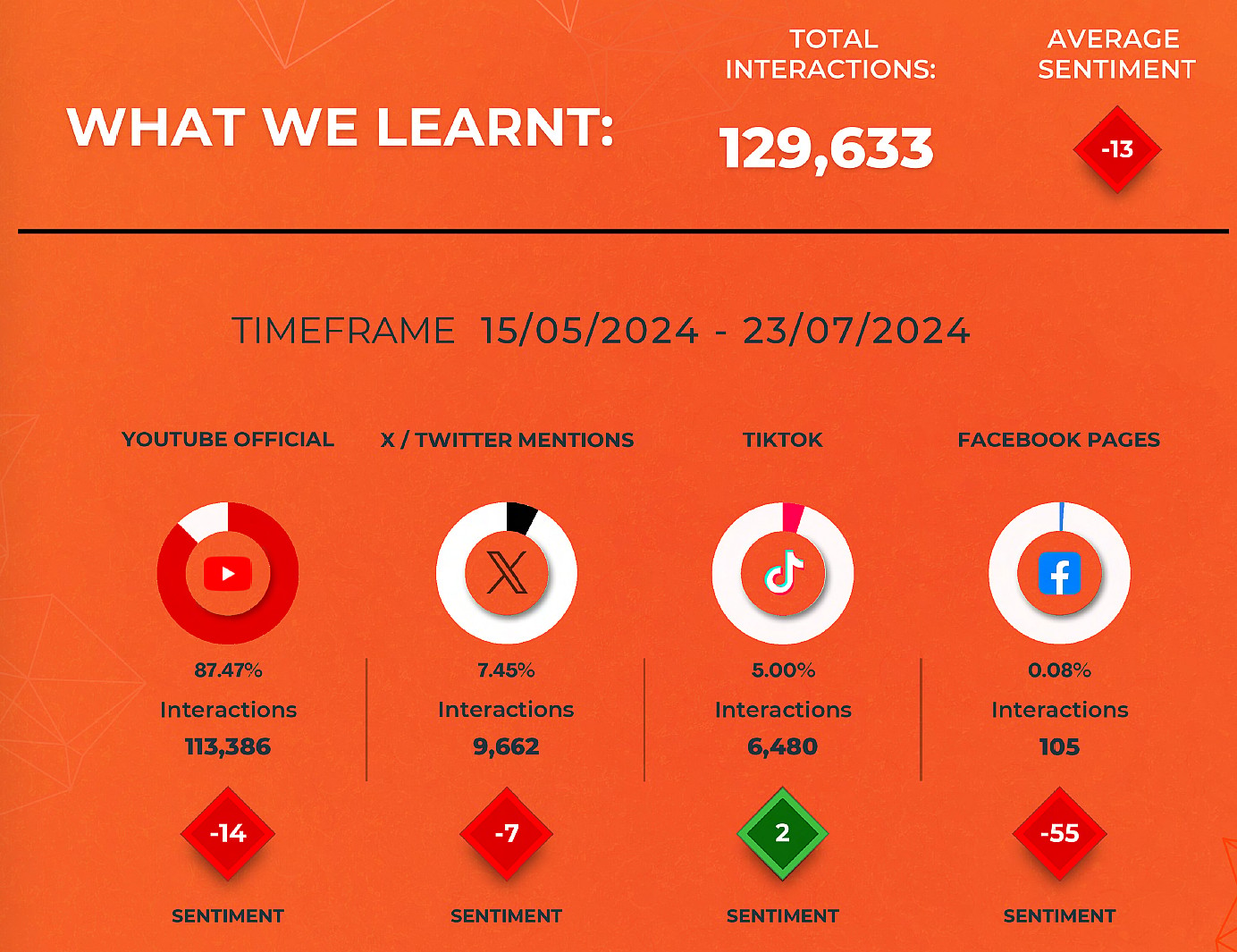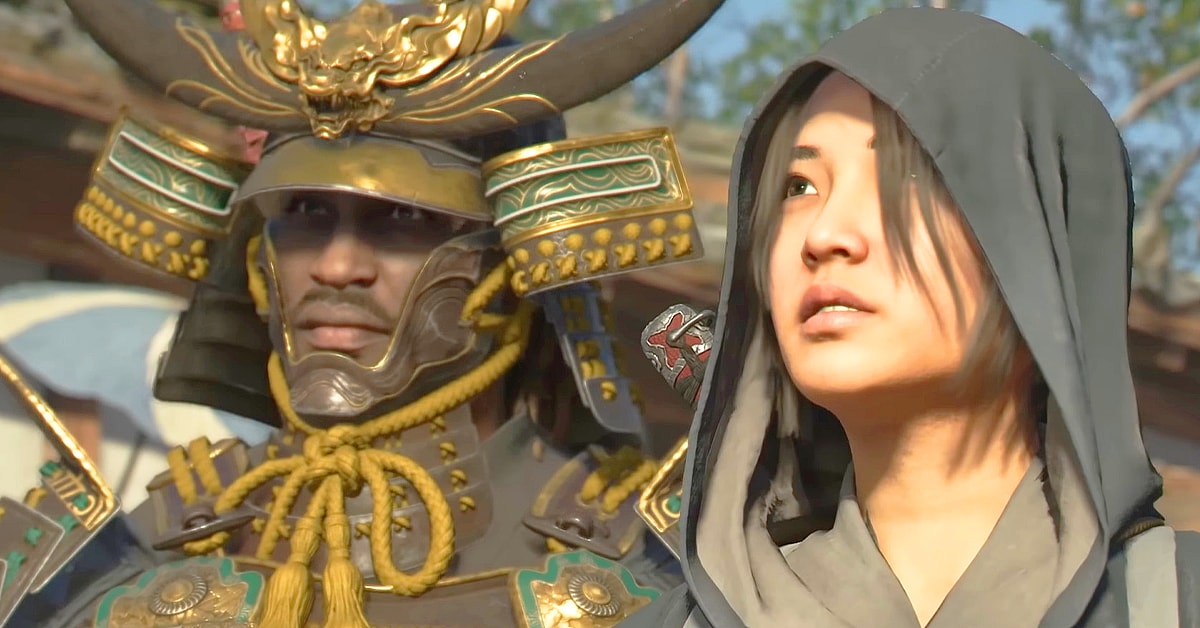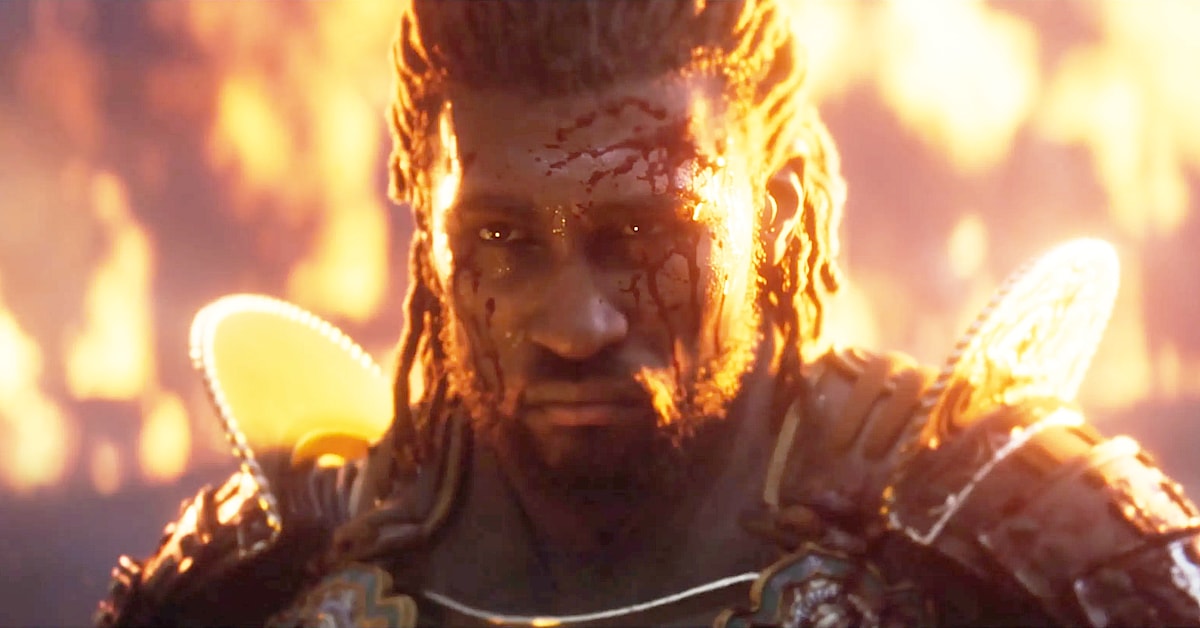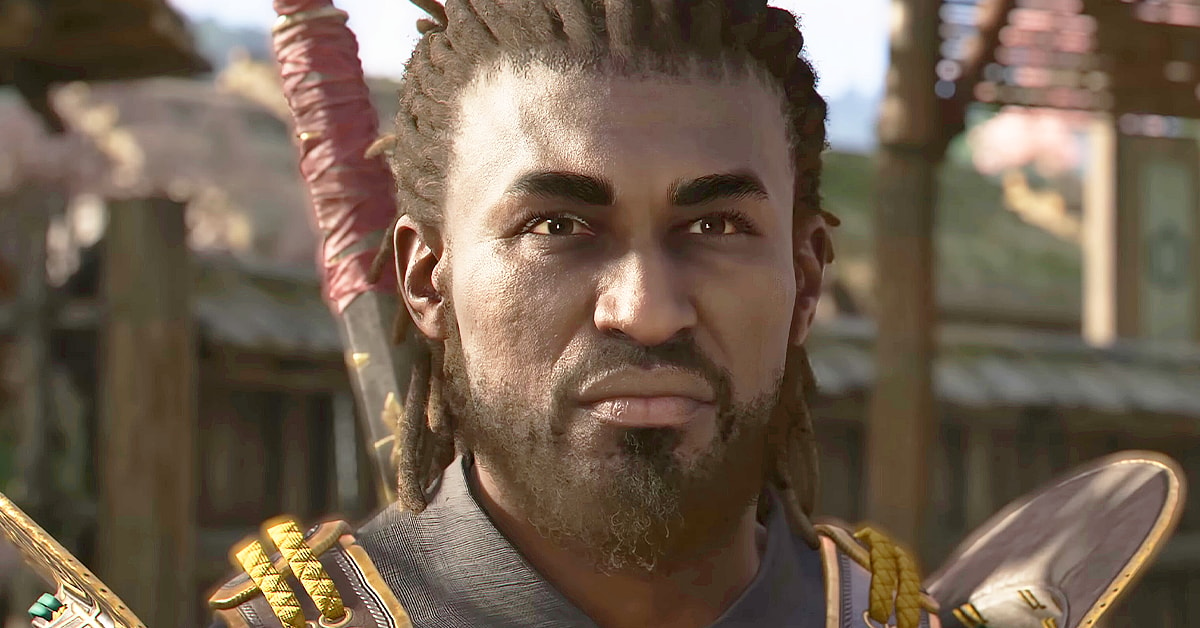New AI Analysis Finds ‘Assassin’s Creed Shadows’ Yasuke Discourse “Is Less Toxic Than The Industry Average”

In countering the regularly touted claim that a large portion of the game’s critics are aggressive racists, a new report has found that the negative conversations surrounding Assassin’s Creed Shadows are actually “less toxic” than the average video game discourse.
The report in question was compiled by video game-centric analytics firm PlayerXP through the use of their titular AI, which “harnesses the power of Machine Learning to monitor and analyse player feedback from across the web” to “provide accurate sentiment analysis for studios and publishers to make informed decisions based on player feedback”, the results of which are laid out on a scale of -99 (Very Negative) to 99 (Very Positive) .
Using the AI to analyze a total of 129,633 interactions which took place across YouTube, X (Twitter), Facebook, and TikTok, and between May 15th – the day of the game’s official reveal – and July 23rd, the firm found that overall players were overall unimpressed with what Ubisoft had to offer.
“YouTube, X, and Facebook showed largely negative sentiments,” explained PlayerXP. “TikTok, in contrast, reflects an overall positive sentiment.”
Proceeding to expand on their findings, the firm noted that “the most popular talking points relate to the historical setting of the game, Ubisoft, the publisher and Japanese culture depicted in the game.”
“These all have significant negative sentiment associated, with the historical element being the most negative,” they detailed. “This has been driven by players expressing concerns about the historical accuracy and cultural depiction.

PlayerXP also offered a specific analysis of the conversations regarding Assassin’s Creed Shadows highly fictionalized take on the historical Yasuke.
“The debate around Yasuke’s character, and similar discussions, underscore the broader concerns about the game’s historical accuracy,” said the firm. “Given that Assassin’s Creed Shadows is based on historical fiction, deviations from historical facts are to be expected. However, this also means we shouldn’t anticipate universally positive reactions from the community on these topics.”
To this end, the firm ultimately concluded, “The issue of the character’s ethnicity in Assassin’s Creed Shadows has been heavily debated, however our toxicity tool has shown the community less toxic than the industry average, with a [sentiment scale] score of -37.”

Furthermore, the firm found that rather than Yasuke or the game’s bastardization of history, the element of Assassin’s Creed Shadows that actually drew the most player outrage was “Ubisoft’s perceived prioritization of monetization strategies over player experience.”
“The consistent negative feedback regarding monetization strategies suggests that players feel unheard, affecting their overall trust in Ubisoft,” they added.

While these findings are sure to be welcome by anyone who has been accused of being a bigot for criticizing Ubisoft’s creative choices, in the interest of fairness, it should be noted that the findings are not complete in any sense.
Between the AI’s analysis being limited to just written comments (rather than spoken criticisms), its sample size being relatively small (for comparison, while the report looked at 129,633 overall interactions, the official upload of game’s debut trailer alone has 91,824 comments), and the exact process and methodology by which the AI made its findings currently being withheld from the public, it’s clear that PlayerXP’s report does not paint a full-picture of the overall discourse surrounding Assassin’s Creed Shadows‘.

However, much to the chagrin of the game’s supporters, these flaws do not change the report’s general findings – that rather than being based in racism, the criticisms being leveled against Ubisoft’s next title are more the result of players being fed up with being blatantly insulted by Triple A publishers.
Assassin’s Creed Shadows is set to unsheath its katana on November 12th.
